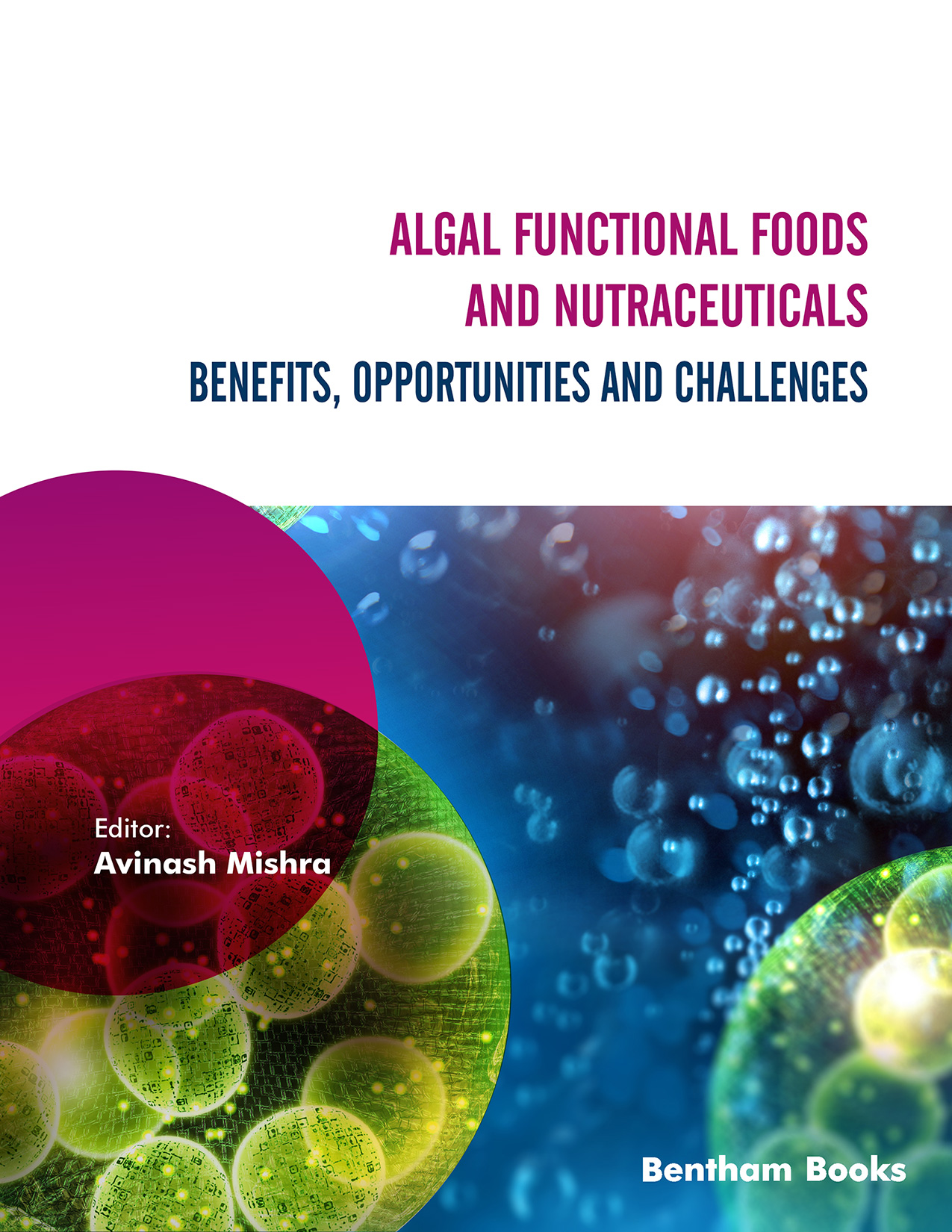Introduction
Edible algae, including seaweeds, are a source of functional food, dietary supplements, metabolites and bioactive compounds. Algal-based functional foods have potential health benefits, and their commercial value depends on their applications in the food and nutraceutical industries.
This book covers several aspects of algal based functional foods. It informs the reader about algal cultivation techniques, environmental impact, habitat, nutraceutical potential, extraction of bioactive metabolites, functional-food composition, bio-prospection, culture-induced nutraceutical compounds, algae-based bio-packaging, algal-biorefinery, toxicity, trends and future prospects.
The editors present the topics in a research-oriented format while citing scholarly references.
This book is a comprehensive resource for anyone interested in the nutritional benefits and industrial utilization of algae as a sustainable food source.

